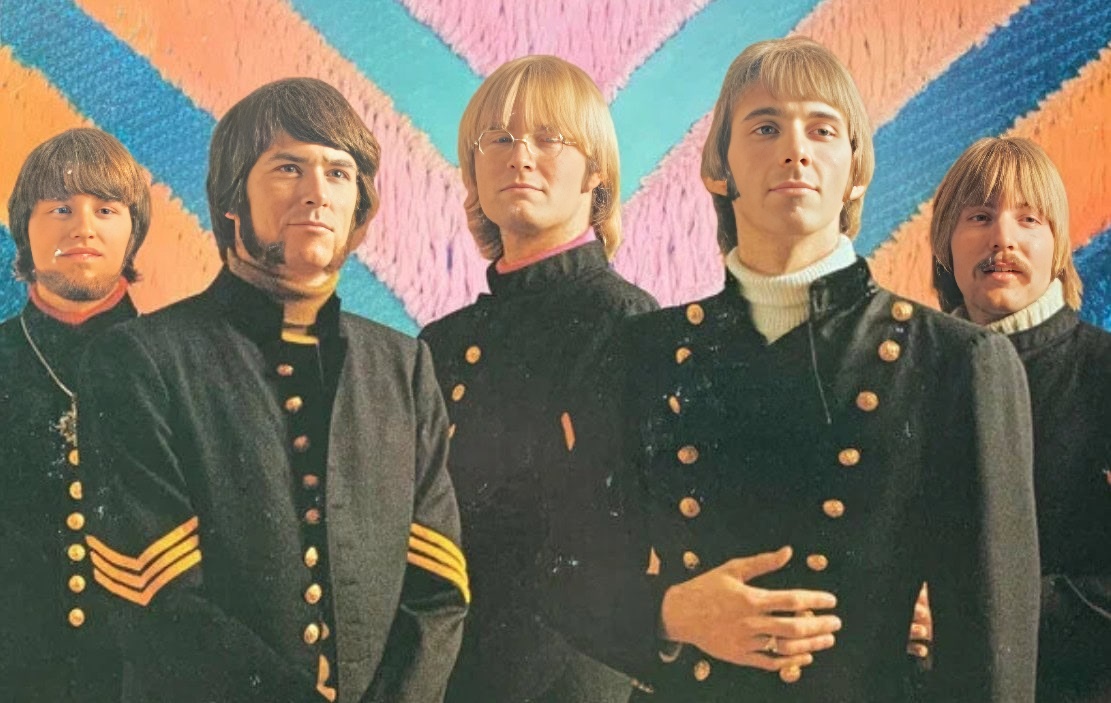
“Lady Willpower,” a defining track by Gary Puckett and the Union Gap, is more than just a catchy tune; it’s a snapshot of 1960s pop music and the shifting societal landscape. Gary Puckett, the band’s charismatic frontman with his distinctive baritone voice and signature mutton chops, led the Union Gap to a string of hits during their brief but impactful career. The band, known for their Civil War-era uniforms, quickly rose to fame, landing multiple songs in the Billboard Hot 100, including “Woman, Woman,” “Young Girl,” and “Over You,” securing their place as a significant force in the late 60s music scene.
Released in 1968, “Lady Willpower” is a plea from a man grappling with the power a woman holds over him. The lyrics depict a struggle to resist temptation and maintain control, hinting at the changing roles of women in society and the anxieties they might inspire. The song’s protagonist recognizes the allure and influence of “Lady Willpower,” admitting his vulnerability to her charms. The layered harmonies, combined with the upbeat tempo and Puckett’s emotive delivery, create a captivating listening experience that transcends the potentially darker undertones of the lyrics.
“Lady Willpower” resonated deeply with audiences, climbing to the number two spot on the Billboard Hot 100. Its success can be attributed to its relatable theme of attraction and the power dynamics within relationships, as well as the band’s impeccable performance. Contemporary listeners appreciated the song’s melodic structure and Puckett’s powerful vocals, while modern audiences continue to enjoy its nostalgic value and its representation of a specific era in music history. Often cited as a quintessential example of sunshine pop, “Lady Willpower” remains a beloved and enduring classic, sparking discussions about its meaning and the band’s legacy within the pop music pantheon.